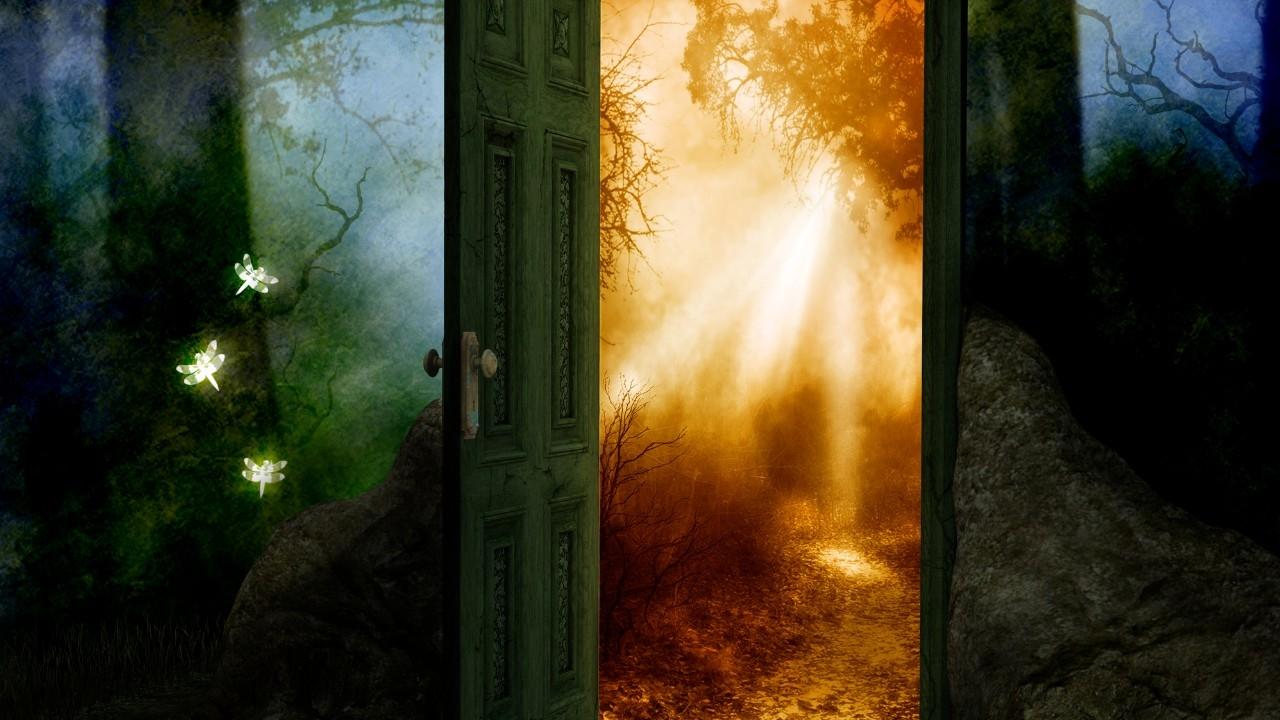path of the storyteller / blog
whoops!

Sometimes my Path of the Storyteller students get that furrowed-brow look. They’re trying to invent, trying to write well, trying to get to the end of a draft, all the while knowing that many revisions will be in store before the book is “done.”
That’s when we talk about the need to be playful. We’re just making stuff up here, people! We writers have total power over what happens on our pages, and a boundless capacity to invent, toss, and invent again. If we do our jobs well, we will have created something that never existed before. A new story! What could be better? There ought to be much joy involved.
It’s a good writing practice, too. As your story picks up pace and builds in intensity, a few well-placed moments of levity are always welcome. This is where a bit of trickster energy might be just the banana peel you’re looking for.
The trickster is one of the common character archetypes that appear in stories throughout history and across cultures. (As ever, I’m indebted to the w...
cause and effect

Do you know this oft-repeated quote by British novelist and critic E. M. Forster? He’s explaining the difference between his definition of story and plot:
“The king died and then the queen died is a story. The king died and then the queen died of grief is a plot.”
Forster uses the word story a little differently than I use it. By story, he means the most basic definition — a collection of incidents that happen in a timeline — but his point is clear and essential.
He argues (and who would disagree?) that the job of a well-structured tale is to make readers care what happens next. The writer does this not by providing a list of unrelated incidents, but by creating a dynamic chain of cause and effect.
Think of dominoes. They are meticulously arranged. They have a starting location and a finish line. They need not move in a perfectly straight trajectory (and it’s far more interesting if they don’t!), but they must be sufficiently adjacent for each to tumble when the previous one fal...
a new world

Early on — let’s say no more than twenty- to twenty-five percent of the way in to your story (quicker is good, too!) — your hero is going to cross an important threshold.
You'll often hear it called it the act break. It’s the dividing line between our old friend, “the beginning,” and that murky expanse known as “the middle.”
Crossing this line is so much more thrilling than these words convey! Quite simply, your hero leaves the world they've known and enters new territory. This is the world of the adventure, the training ground, the quest.
It is a wildly different place, with new rules and new dangers, populated with allies and adversaries. It is designed (by you, of course!) to test your hero to the core, and bring them step by hard-earned step along the incremental journey of change.
It might literally be a new world — Oz, perhaps? — or a long and difficult quest, like the one Bilbo Baggins takes.
But what about realistic fiction? Hey, we’re making up a story, here! It’s all...
you want me to do what?

Imagine if you will: You're in a serious funk, and for good reason. Your father has died (the circumstances? Mysterious!), and his death should have made you king, but your creepy uncle swooped in and married your mother and now it's creepy uncle who's king, not you.
And now your best friend, your ride-or-die, has come to you with a wild tale: A ghost has been spotted by the guards, not once, not twice, but three nights in a row, wandering the ramparts of the castle. Your pal (we’ll call him Horatio) has seen it with his own eyes.
Dude, says Horatio. I'm serious. It looks like your Dad. You need to come talk to the ghost.
Who wouldn't want to keep reading a story that starts like that? Our hero Hamlet is in a pickle for sure, but good storytelling demands that he DO something about it.
You need to come talk to the ghost. Hamlet does so, only to have the ghost challenge him to even bigger task: I was murdered, the ghost tells him, and you, my son, must avenge my death.
You wa...


